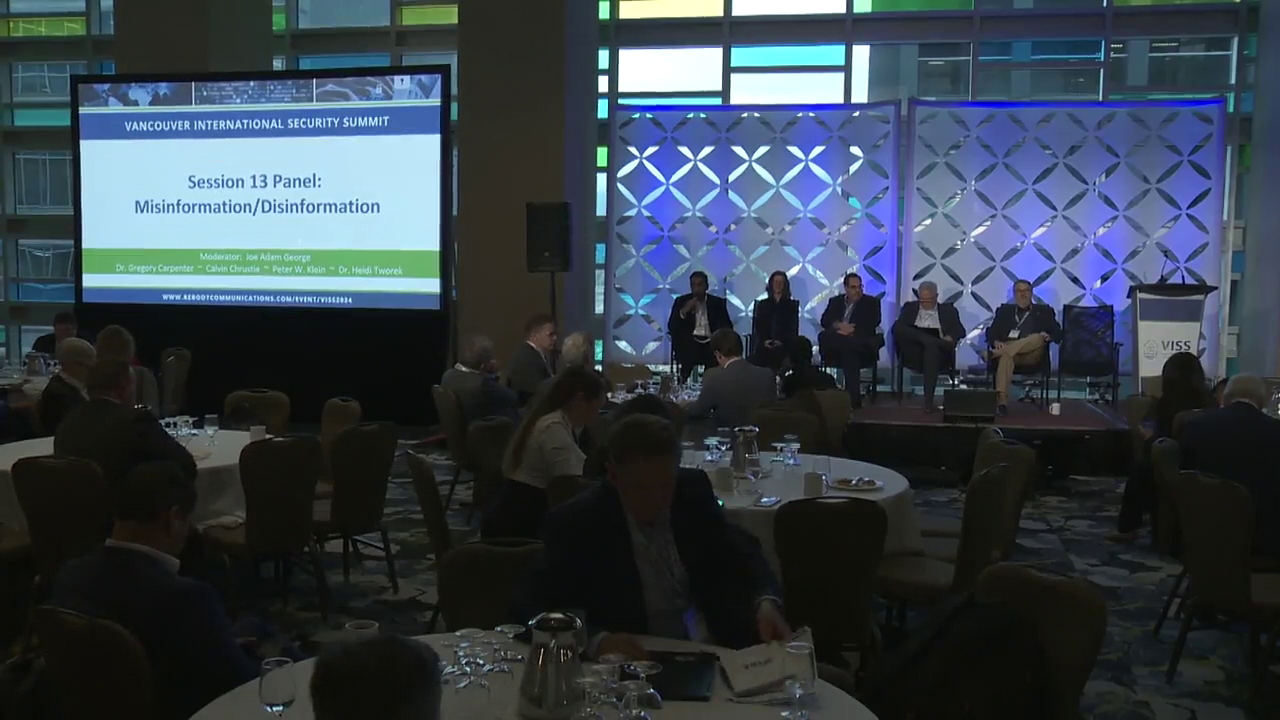ARTICLE AD BOX
On a recent visit to the United States, German Chancellor Olaf Scholz came face-to-face with his self-described doppelganger. US Senator Chris Coons and Olaf Scholz met in Washington DC on Thursday. Afterwards, they took a selfie and posted it online, showing the two looking strikingly similar. “Great to see my Doppelganger again,” Mr Scholz wrote in the selfie post. Mr Coons also posted another selfie with the caption “Wer ist wer?”, which is German for “who is who”.
Take a look at the pictures below:
Wer ist wer? https://t.co/TNlG3c9kuO pic.twitter.com/wEkY5LZgRo
— Senator Chris Coons (@ChrisCoons) February 9, 2024In the images, the two politicians look nearly identical with their greying hair, middle-aged boldness and infectious smile. They also share the same relative age - 60 and 65 - and the same relative height - about 5 ft 7in, The BBC reported.
Mr Scholz and Mr Coons shared the post just a day back. Since then, the images have accumulated more than 800,000 views. In the comments section, users noted that the resemblance between the two is uncanny.
Mr Coons is one of 11 Democrats on the Foreign Relations Committee.
Also Read | Biden Says No "Memory Loss", Then Calls Egypt President Leader Of Mexico
According to The BBC, the German chancellor arrived in Washington this week for a scheduled meeting with US President Joe Biden to encourage support for Ukraine and to emphasise the stakes for failing to send additional aid. He met with Chris Coons and other lawmakers on Thursday to send them the same message.
Mr Scholz told reporters that he had been encouraged by the US Senate's advancement of a $95 billion bill that included the aid for Ukraine, Israel and Taiwan. He also wrote in a Wall Street Journal op-ed, “Others around the world are watching closely to see whether these divisions can be exploited”.
“We must prove them wrong by convincing citizens on both sides of the Atlantic that a Russian victory would make the world a far more dangerous place,” he added.
Meanwhile, the Senate voted Thursday evening to advance a $95 billion emergency security spending bill, of which $60 billion will go to support the war in Ukraine, but the upper chamber did not come to a conclusion on the border security portion of the bill, and doubts remain whether it will earn enough support from Republicans.
.png)
 9 months ago
28
9 months ago
28








 English (US)
English (US)